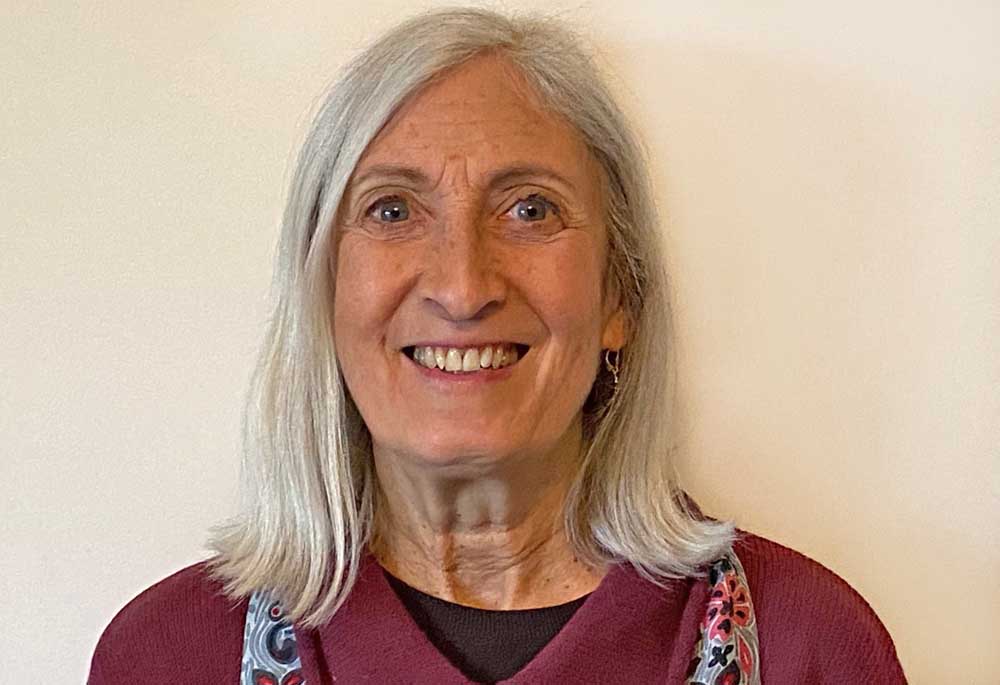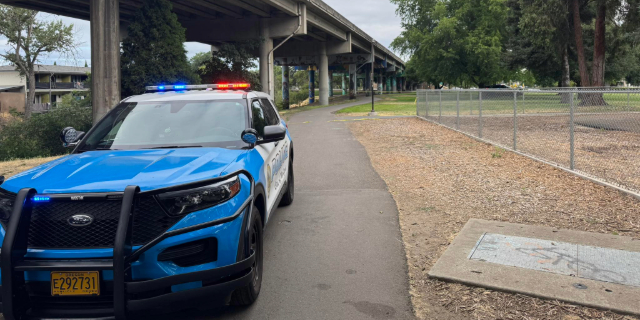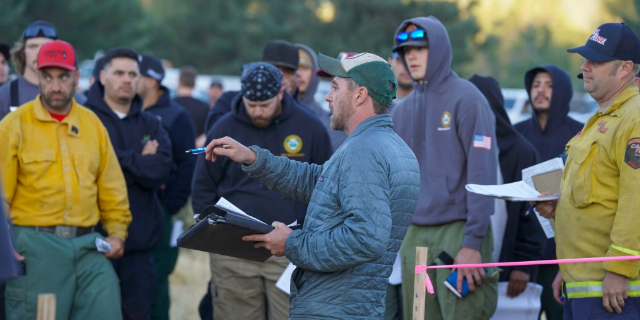AGING MATTERS: The ‘inside job’ of heart and mind flexibility
Published 7:00 am Sunday, May 19, 2024

- Ellen Waldman
Nuts and bolts. These are the “essentials, basics, fundamentals, nitty-gritty, detailed, practical aspects” of any activity. For the last 10 years of writing these columns, I have addressed the components of what it takes to prepare for aging. These nuts and bolts included housing options for aging adults, safety in the home, health care directives, legal documents, costs of goods and services, and many local resources. My hope has been that by offering this guide for pre-planning for future needs, that much of the more difficult aspects of aging could be avoided. Ounce of prevention, and all that.
Trending
I also offered a map of the aging terrain. What used to be simply getting older and taking care of whatever arose, has become quite complex and complicated to figure out. The health care system alone is confusing and has its own roadmap to navigate through it.
I sincerely hope that you’ve found some helpful guidance and information in these columns. Now, I’m going to change it up a bit. I’m going to share some of the more personal and societal impacts on aging.
After 25 years in the field as a professional Aging Life Care Manager, I have seen a lot. You might imagine that not everyone is having an easy time of this, and nor are the aging person’s families. I will share how it’s possible to turn this around and make this a smoother transition. Most importantly, how this time of life can be easier for yourself and those who care about you.
Trending
Many people have a hard time at this phase of their lives. It’s sad seeing this degree of suffering. I truly believe that much of this difficulty can be prevented with understanding and accepting the changes that occur as aging happens.
We are aware that aging can mean health challenges, both functional (how we do things) and cognitive (how our minds work). Often, these normal changes cannot be overcome, and are met with resistance and denial. This refusal to accept change causes the most difficulty for everyone.
But the brain is very flexible and able to take in new information. It’s called neuroplasticity and it means that we can bend, learn and change our minds. What we want to happen as we age, and what actually does happen are not always the same thing.
That leaves us with how we respond to what has happened. Only you can do the “inside job;” changing your mind as life changes. This is the part you have some agency over. This is where the pliability comes in. This is the key to an easier life for aging adults.
Research tells us that the “U.S. anti-aging market was valued at $17.92 billion in 2022 and is predicted to hit over $34.11 billion by 2032”. This says a lot. If our wider culture tells us that aging is supposed to be prevented, this a tough message to hear. And an impossible goal to achieve.
Here’s another key for how to age well. It’s important not to compare yourself to anyone else and how they’re aging. No one has ever been the same as anyone else, and aging makes that abundantly clear. Getting older is not a mistake and doesn’t need to be corrected. You didn’t fail at aging, no matter how it goes. Just do your best and follow healthy guidelines.
Instead, we need to focus on and recognize that older adults have great worth and value, wisdom and experience. Begin to practice the “inside job” of developing the flexibility of heart and mind to be more accepting, more gracious and more grateful. This is how life then becomes easier for everyone.









